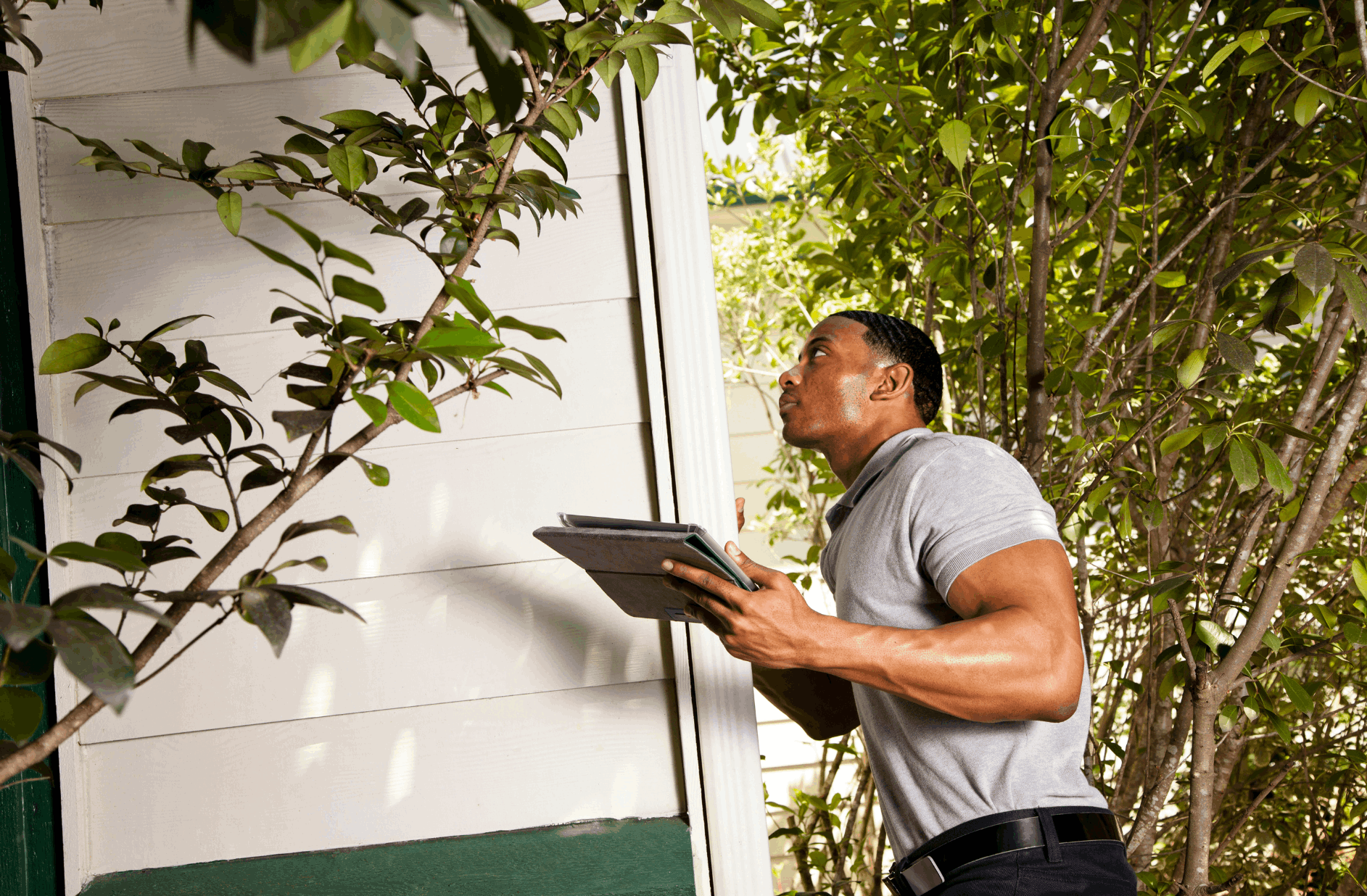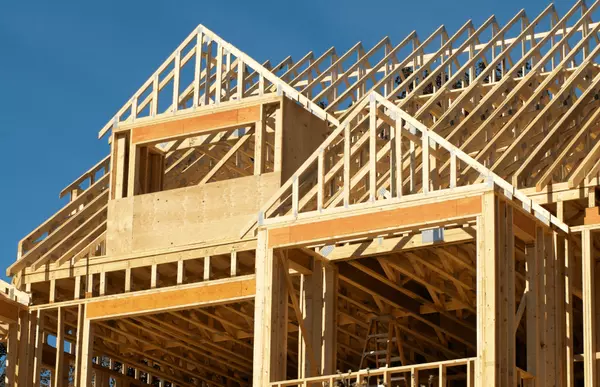Home Inspections Made Simple: What Every Buyer Should Know

Buying a home is such an exciting milestone—but let’s be real, it can also feel overwhelming. One step that tends to make buyers nervous is the home inspection. The truth? A home inspection isn’t something to dread. It’s your chance to get to know the property inside and out before you commit. Whether you’re a first-time buyer or a seasoned homeowner, here’s what you can expect.
What’s the Purpose of a Home Inspection?
Think of a home inspection as a checkup for the house. A licensed inspector does a non-invasive evaluation of the property to point out issues that could affect its value or safety. The goal is to give you the knowledge you need to make confident decisions—and negotiate repairs or credits if necessary.
Who Does the Inspection?
Home inspections are handled by licensed professionals trained to evaluate a wide range of systems and structures. Many come from construction, engineering, or architecture backgrounds and know building codes like the back of their hand. Their job is to give you an unbiased look at the home’s condition.
What Gets Inspected?
The inspector will look at the major components of the home, including:
-
Structural: foundation, roof, walls, and overall stability
-
Exterior: siding, trim, windows, doors, drainage
-
Interior: walls, ceilings, floors, doors, windows
-
Roof: shingles, chimneys, gutters
-
Plumbing: pipes, water heater, fixtures, drains
-
Electrical: wiring, outlets, switches, breaker panel
-
HVAC: furnace, AC, ductwork, ventilation
What Happens During the Inspection?
-
Detailed Walkthrough: The inspector carefully examines each area, noting damage, wear, or safety concerns.
-
Documentation: They’ll often take photos and detailed notes, then provide a report within a few days.
-
Your Questions: Buyers are encouraged to walk through with the inspector. It’s the perfect chance to ask questions, learn about potential upgrades, and better understand the home’s systems.
-
Follow-Up Recommendations: If something serious is spotted, the inspector may suggest bringing in a specialist, like an electrician or structural engineer.
Understanding the Report
When it’s done, you’ll receive a full report that usually includes:
-
A summary of findings
-
Detailed notes and recommendations
-
Photos of issues
-
Safety concerns that need immediate attention
-
(Sometimes) rough repair estimates
How Do You Use the Results?
This is where the inspection becomes powerful. If the report shows needed repairs, you can negotiate with the seller—requesting fixes, credits, or even a price adjustment. Sometimes it’s small stuff, sometimes it’s a big-ticket item, but either way, the inspection gives you leverage and peace of mind.
Final Thoughts
A home inspection is one of the most valuable steps in the buying process. It protects you, informs you, and ensures you’re making a smart investment. Instead of being intimidated by it, lean into it—it’s your opportunity to truly understand the home you’re about to buy.
📲 Thinking about buying but unsure what to expect? Let’s talk. I’ll guide you through every step of the process, connect you with trusted local inspectors, and make sure you feel confident from the first showing to the final walkthrough.

Categories
Recent Posts










GET MORE INFORMATION

Founder, Elite Agent & Realtor | License ID: 3615404

